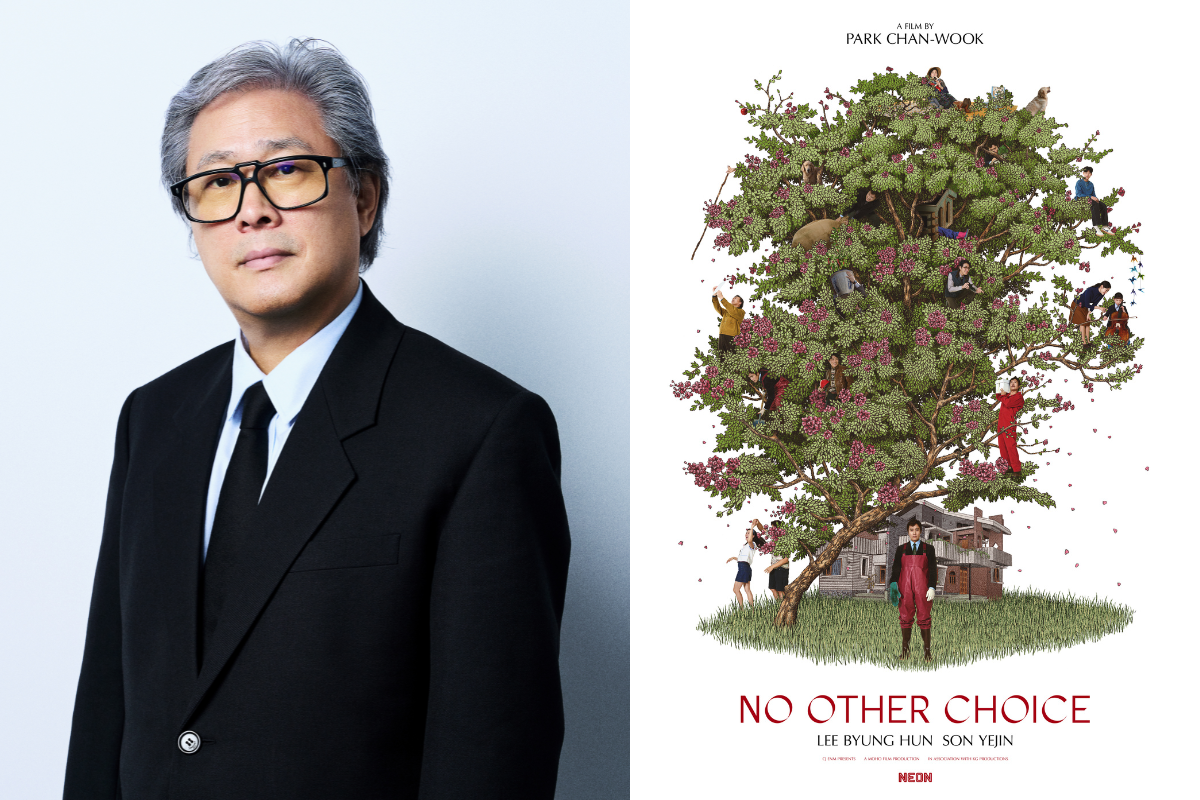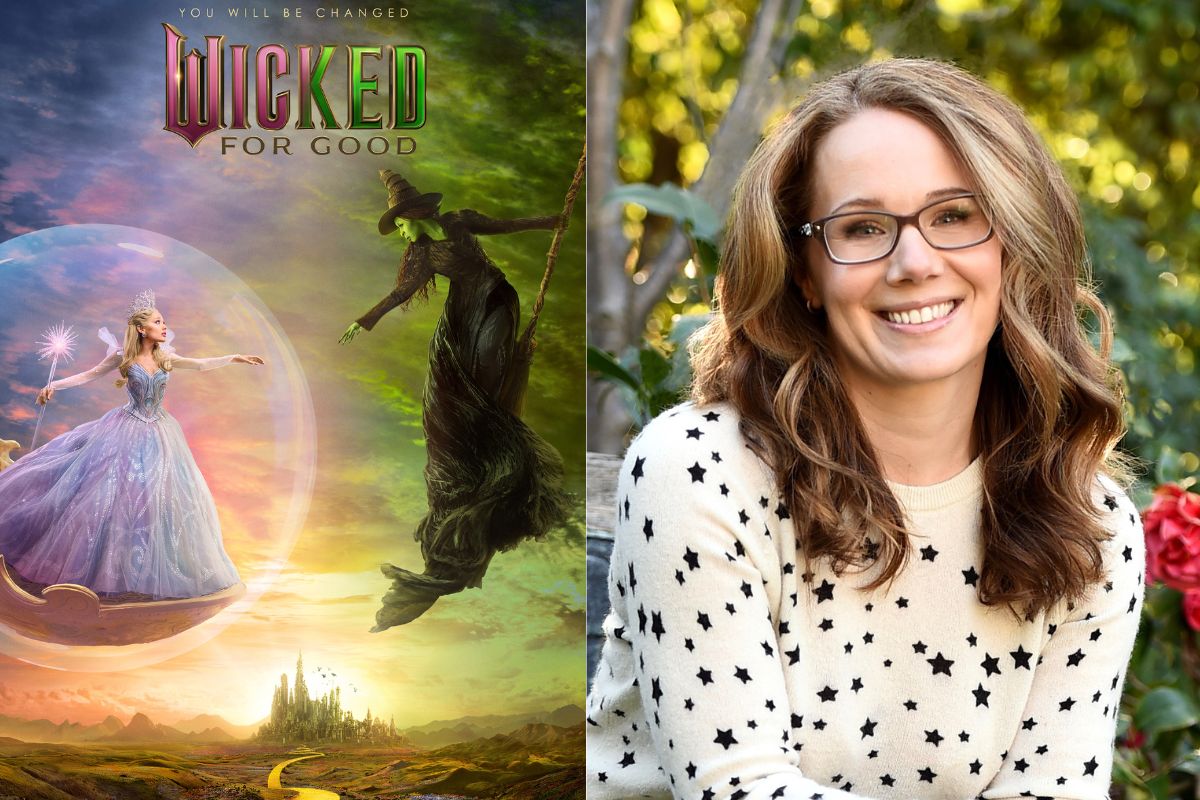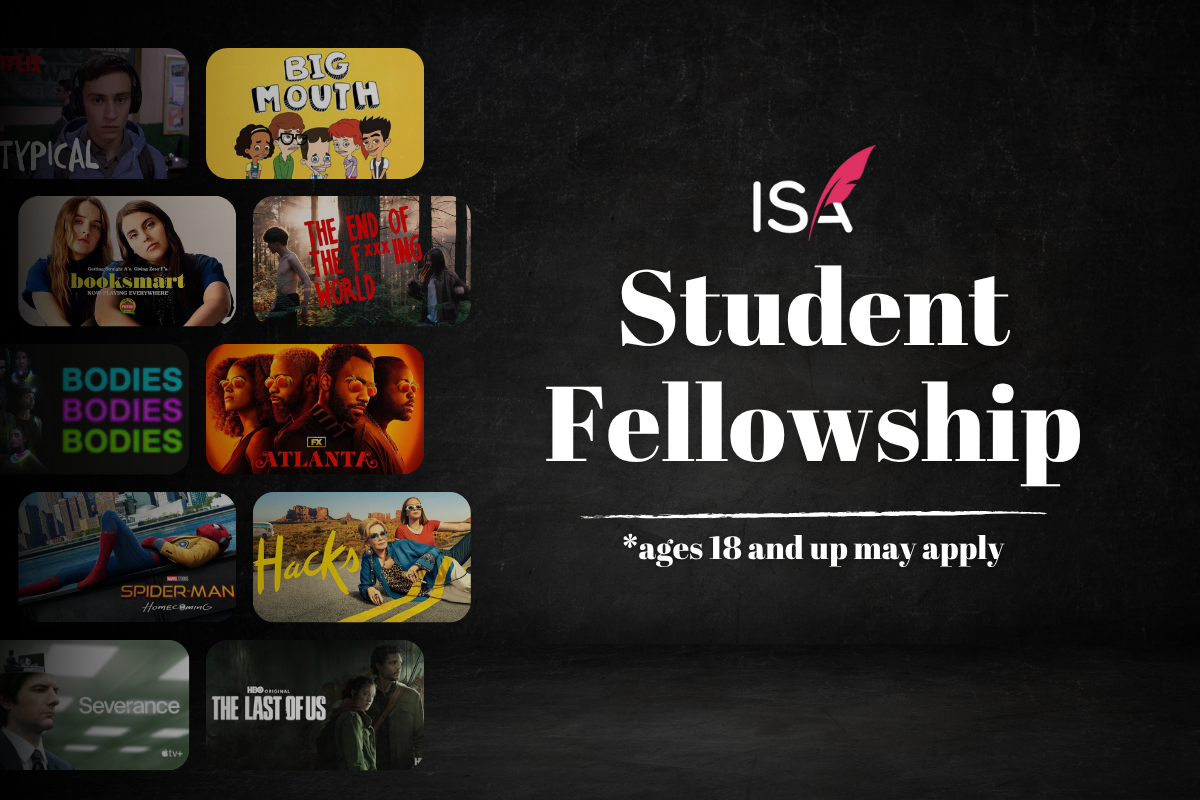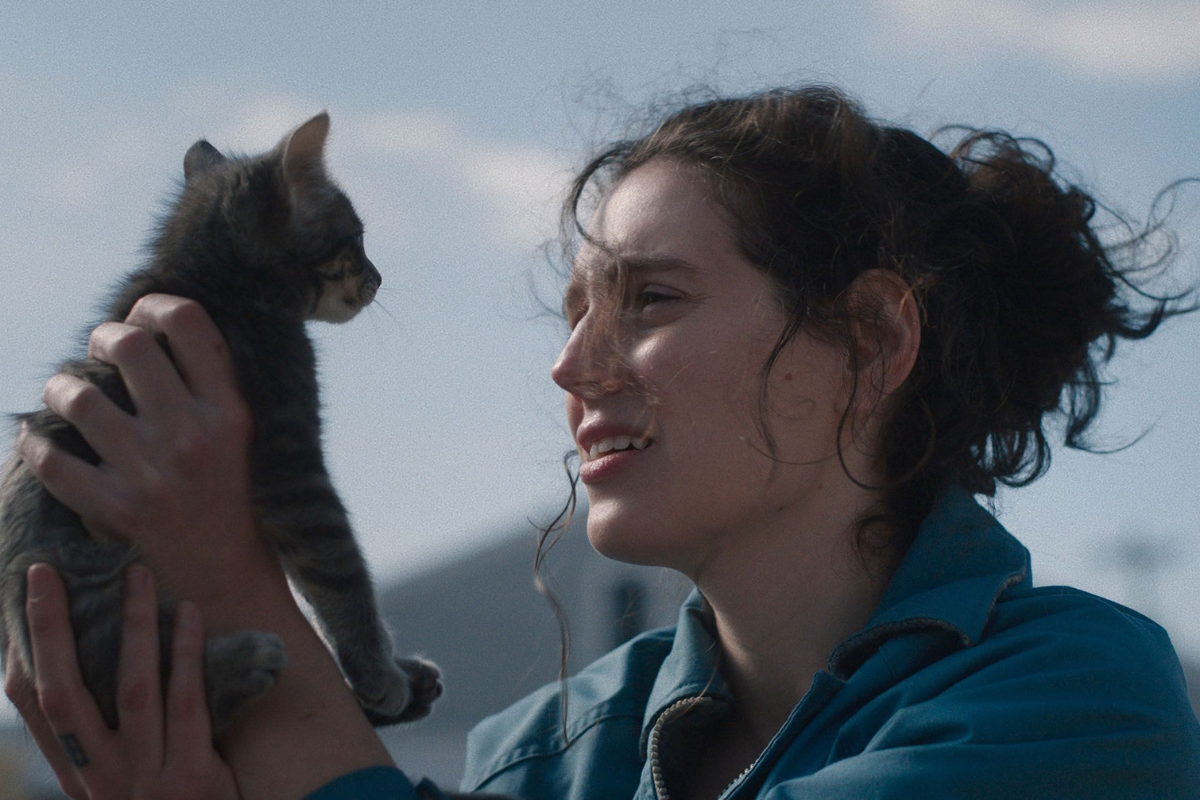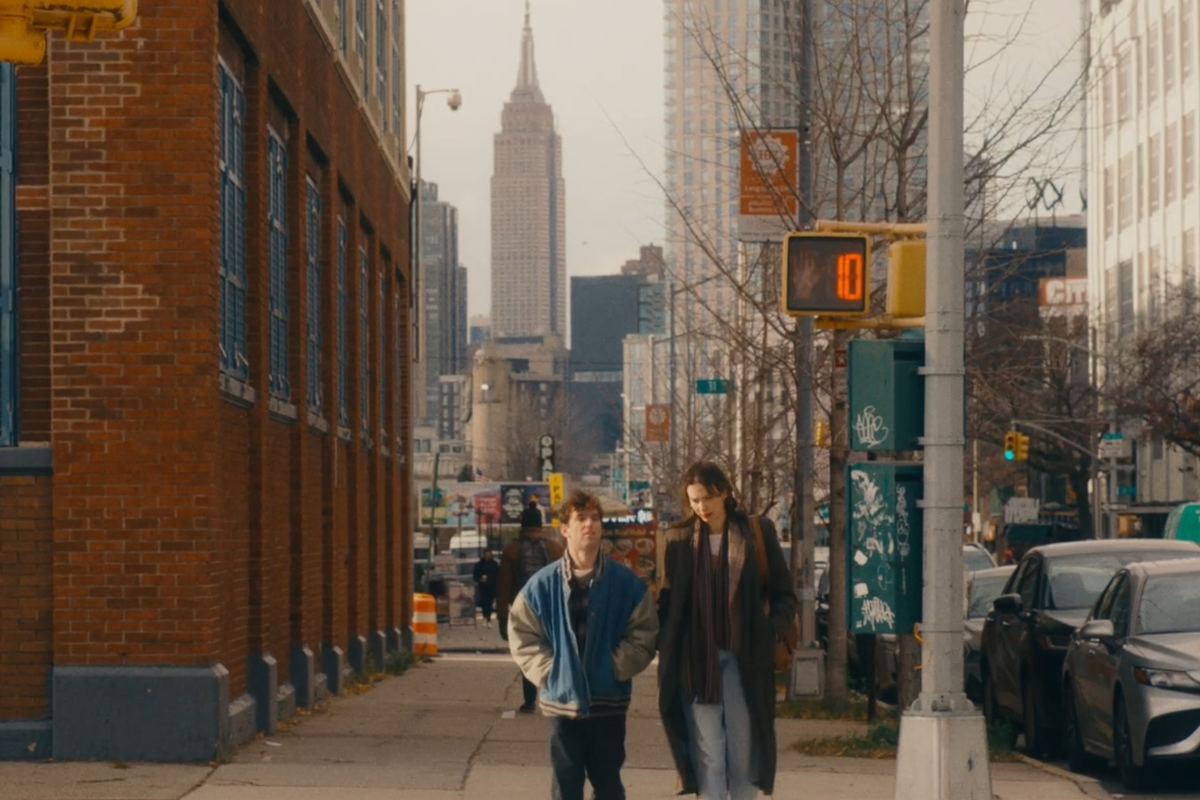INTERVIEW: What Will People Say Writer & Director Iram Haq
Susan Kouguell interviews Iram Haq, the writer/director of What Will People Say, exploring her real-life inspiration for the film.
Susan Kouguell interviews Iram Haq, the writer/director of What Will People Say, exploring her real-life inspiration for the film.
“II have waited until I felt ready as a filmmaker and as a person to be able to tell this story in a wise and sensible way. That is, to say, without making the girl appear as just a victim and her parents as merely her perpetrators. I wanted to tell an impossible love story between parents and their child; one that cannot have a happy ending as long as the gap between these two cultures remains so wide.”
— Iram Haq
In this beautiful and hauntingly timely film, the striking visual fluidity and rhythmic storytelling pulsates with tension and compassion, avoiding melodrama at every turn.
What Will People Say Synopsis
Sixteen-year-old Nisha (Maria Mozhdah) lives a double life. When out with her friends, she’s a normal Norwegian teenager. At home with her family, she is the perfect Pakistani daughter. But when her father (Adil Hussain) catches her alone with her boyfriend in her room, Nisha’s two worlds brutally collide. To set an example and escape the judgment of their peers, her parents send Nisha against her will to a small town in Pakistan to live with extended family. There, in an unfamiliar country surrounded by people she barely knows, Nisha must adapt to a rigid culture that denies her the freedoms she once enjoyed.
What Will People Say debuted at the Toronto International Film Festival and won the Audience Awards at AFI Fest and the Les Arcs European Film Festival. What Will People Say is a tense and moving drama about women’s rights, immigrant identity, and familial duties. Based on director Iram Haq’s own experiences as a young Pakistani woman in Norway, it features an astounding debut by 18-year-old Mozhdah and a nuanced performance by veteran actor Hussain (Life of Pi).
ABOUT IRAM HAQ
Iram Haq is a writer, director and actress. She wrote and starred in her directorial debut, the short film Little Miss Eyeflap, which screened at the Sundance Film Festival in 2009. Her feature film debut I Am Yours premiered at Toronto International Film Festival in 2013 and was selected as Norway’s official Oscar entry after garnering a number of awards at festivals around the world.
I met Iram Haq at her hotel in Manhattan before the screening and Q & A of What Will People Say at the Human Rights Watch Film Festival at the Film Society of Lincoln Center.
Our wide-ranging conversation covered gender, race, and cultural issues that are both specific to this story, yet universal. We also discussed the script adaptation process and the challenges and choices Haq made when adapting her true story to the page and then to the screen.
IRAM HAQ: The film was inspired by my own experience. I was born and grew up in Norway, I was kidnapped by my parents to Pakistan. When I came back from Pakistan, I really wanted to tell the story one day, but I knew that I needed to get more courage and to find my way to how I wanted to tell it. It took many years before I was ready to open Pandora’s Box. For many years I didn’t want to think or talk about what I went through.
SUSAN KOUGUELL: Tell me about the evolution of your screenplay.
HAQ: I wanted to give it away and have someone else write it. I asked many writers in Scandinavia to write it, but it ended up that I had to do it myself; I realized this is the only way I can direct it.
It was an interesting process. In the beginning, I was writing it as an angry young girl. I always wanted to have the parents’ angle in it somehow, especially the father’s and not have them portrayed as black and white characters like you read in the newspaper: ‘Girl gets kidnapped by her family.’ I wanted to dig deeper into this problem. It was really a struggle how to do this.
In the beginning, it was very much my story and slowly I had to build a fictionalized world, which I felt more comfortable with.
While I was working on the script my father became ill. We were not really in touch in that moment, but I felt that he was old, and I had to visit him in the hospital. He had ten more months to live. He said he was sorry for everything he did. That was really like a new life. I didn’t have a father in a way for so many years, and suddenly we became super close. It was a relief for me. I never expected that, and a friendship started. I also got the chance for myself and for the film to understand who he was and why did he do all those things and that gave the story a new direction. The love I felt for this father—it was easy to see him as a vulnerable man who was full of fear and not good at communication, and who was acting out of emotions and fear, and that helped the script so much.
KOUGUELL: As the writer/director were there times you didn’t stay close to the script?
HAQ: I had a very tight schedule, so I stuck to my script while shooting but when I was editing I had three and a half hours of material, and I had to cut it down to 106 minutes.
KOUGUELL: Where did you film and how long was the shoot?
HAQ: We shot in Norway, Sweden, Germany, and India. It was about a 5-6 weeks shoot.
KOUGUELL: How many years did you work on the script?
HAQ: I wrote it from 2014 and shot the film in 2016, I started to write it after my first feature. I had a script consultant in Germany who was very good.
KOUGUELL: Approximately how many drafts did you write?
HAQ: I would guess about 300 versions of the script. It’s one thing to adapt from real life; you cannot make it one-to-one like a fiction film, that can be boring at least for my story. I had to build up another storyline, which was a challenge and it was also interesting to find things that happen in that story.
We talked about the complexities of what the social workers could have done differently to help, like going to Nisha’s school.
HAQ: There were so many grown-ups who closed their eyes—‘it’s not our problem, it’s someone else’s problem.’
KOUGUELL: Does this type of kidnapping happen often?
HAQ: Yes, it does. When I was going to make this film, I thought, ‘Is this something that happened in the 90s and is old-fashioned now? And then I did some research; I didn’t need to do much; this is happening all the time. Every year, so many girls don’t come back after summer holidays. They are sent to their parents’ country, not just to Pakistan but to other countries, too. This is a problem we see in many places.
KOUGUELL: Nisha had no agency, she is treated like a piece of property, with no voice, and no one believed her. Yet she had power as demonstrated by her will and strength; she will survive no matter what is thrown at her.
HAQ: The film is also about women’s sexuality and how scary that is for people. The father is so scared, and this is a girl who wants to be a normal teenager. Also, for the parents because many parents aren’t integrated into the society and find it scary to see their children, in a way, getting into another world which they don’t know. It is also a question about integration; it is also the other way around. For example, in Norway, if a Norwegian would open their door and be more welcoming, it would be easier to integrate. It’s really hard to live between two cultures.
What Will People Say opens in theaters starting July 13th in New York at IFC Center and in Los Angeles on August 3 at Laemmle Theaters with rollout to select cities.
Check out all of Susan's Upcoming Classes!
Seven Weeks to Your TV Spec Script (NEW COURSE!)
The Fundamentals of Screenwriting: Give your Script a Solid Foundation
The Fundamentals of Screenwriting, Accelerated
Writing the Family Feature Film
Writing the Family Feature, Accelerated
Writing the Documentary
Writing the Documentary, Accelerated
Writing the Animated Feature
Advanced Film Rewriting
World Building: Crafting Screenplays Readers Can Step Into
Susan Kouguell, award-winning screenwriter and filmmaker, is a senior contributing editor for Script Magazine, and teaches screenwriting at SUNY College at Purchase. Author of Savvy Characters Sell Screenplays!. Susan’s consulting company Su-City Pictures East, LLC, works with filmmakers worldwide. Follow Susan on Facebook and Instagram @slkfilms.


